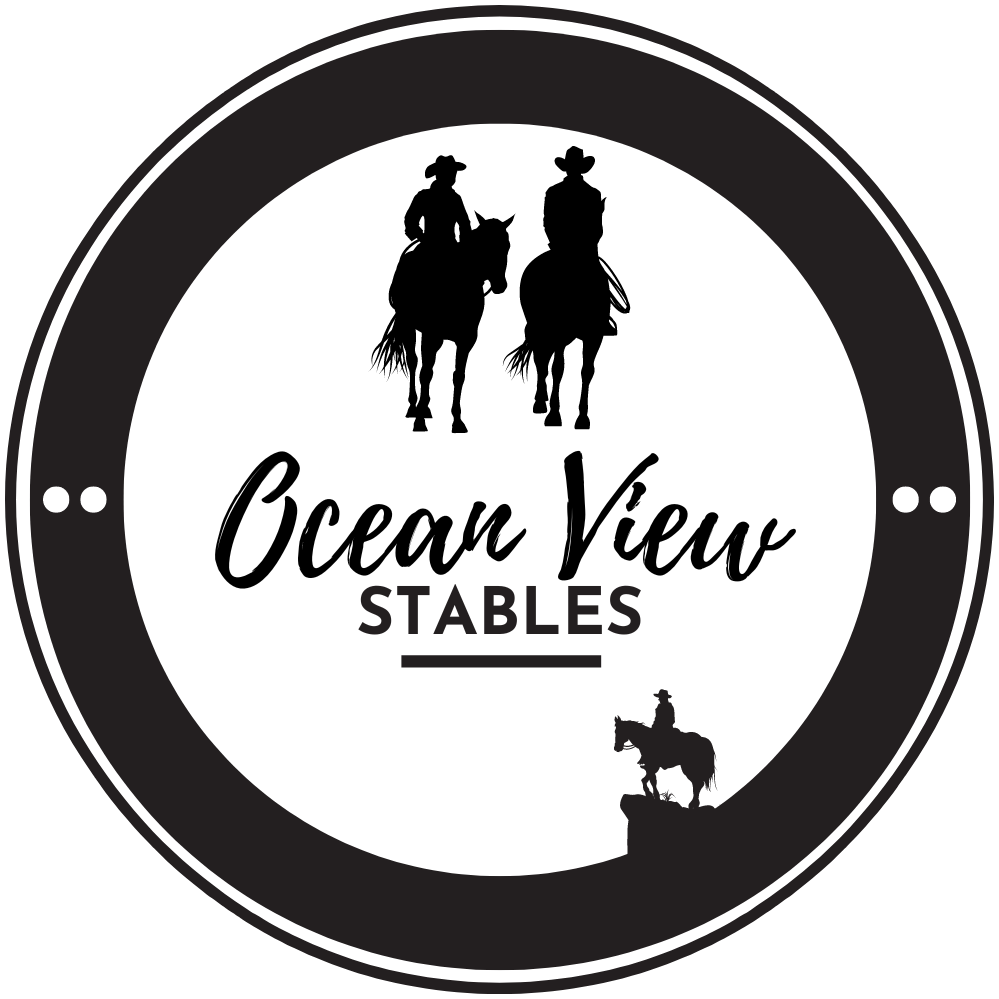How Horses Reflect Human Behavior and What You Can Learn From Them
Have you ever noticed how horses seem to understand you without a single word exchanged? These incredible animals reflect human emotions and behaviors in ways that can be both humbling and eye-opening.
Horse rides on the beach in San Francisco, especially with Oceanview Stables, offer more than picturesque views; they’re a chance to connect with a creature that can mirror your inner world.
If you’re feeling tense, a horse will sense it and react, showing how in-tune these animals are. This connection gets even deeper as you learn how your posture, energy, and confidence shape the bond you share.
Below, you'll learn how horses reflect human behavior and the lessons they can teach you.
Emotional States Are Amplified
Horses are incredibly sensitive to human emotions. They can pick up on subtle cues like how you move, your breathing, and your overall energy. If you approach them feeling tense or nervous, they will likely reflect that back by acting restless or uneasy. On the other hand, if you remain calm and focused, they often respond with relaxation and trust.
This powerful connection shows how much your emotional state influences your environment. By practicing emotional control and staying centered, you can create a sense of balance that horses naturally respond to. This lesson extends far beyond working with animals. It can also help you build stronger, more harmonious relationships with the people in your life.
Nonverbal Communication Speaks Volumes
Horses rely on nonverbal communication to understand the emotions and intentions of those around them. By observing a person’s posture or even the smallest gesture, a horse can sense confidence, nervousness, or calmness in an instant. This ability helps them interact effectively with people and other animals.
Here’s how horses interpret nonverbal cues to build trust and connect with others:
Posture and Stance: A relaxed and balanced posture signals safety, while tense or aggressive movements can put a horse on edge.
Facial Expressions: Horses are keen on noticing eye contact and facial tension, which often reflect a person’s emotional state.
Tone and Breathing: Calm breathing and a steady tone help reassure a horse, making communication smoother and more positive.
Understanding these nonverbal cues can help you have a better experience during your horse ride on the beach in San Francisco.
Trust Requires Consistency
Horses pay close attention to your body language and movements. When your signals change suddenly, it can confuse or even scare them. They might stop listening to you or react unpredictably. This shows why it’s so important to keep your actions consistent. Clear and steady communication helps the horse feel safe and confident.
Building trust with a horse is a lot like building trust with a friend. If you stay dependable and act the same way every time, the horse will trust you more. When they trust you, they are calmer, braver, and more willing to follow your lead. This strong bond creates a safer and more enjoyable experience for you and the horse.
Find Clarity with Horse Rides on the Beach in San Francisco
Spending time with a horse can teach you more about your emotions and behaviors than you might expect. Every interaction, from their response to your energy to the trust you build, feels like a window into your own world. If you’re ready for more than just a ride, Oceanview Stables offers an unforgettable chance to connect on a deeper level.
Key Takeaways
How do horses reflect human emotions?
Horses are highly sensitive to human emotions and can mirror feelings like tension or calmness based on your body language and energy. You can create a positive connection with a horse and build mutual trust by staying relaxed and focused.
What can horses teach us about communication?
Horses rely heavily on nonverbal cues like posture, breathing, and facial expressions to understand those around them. Learning how they interpret these signals can improve your body language skills and strengthen all forms of communication in your life.
Why is consistency important when working with horses?
Horses thrive on clear and consistent signals, as sudden changes can confuse or frighten them. Remaining steady and dependable helps build trust, creating a safer and more enjoyable experience for you and the horse.

